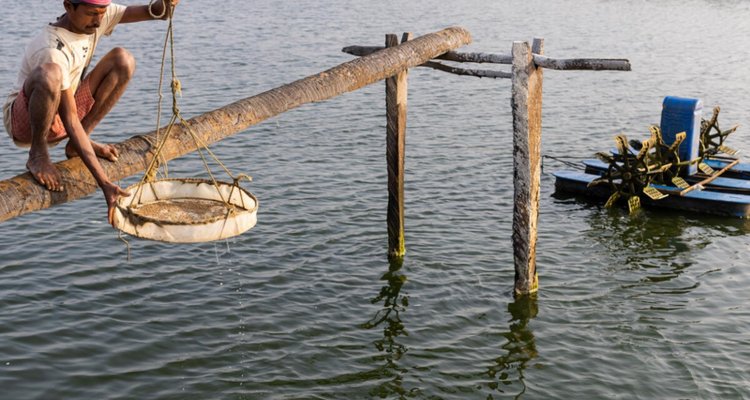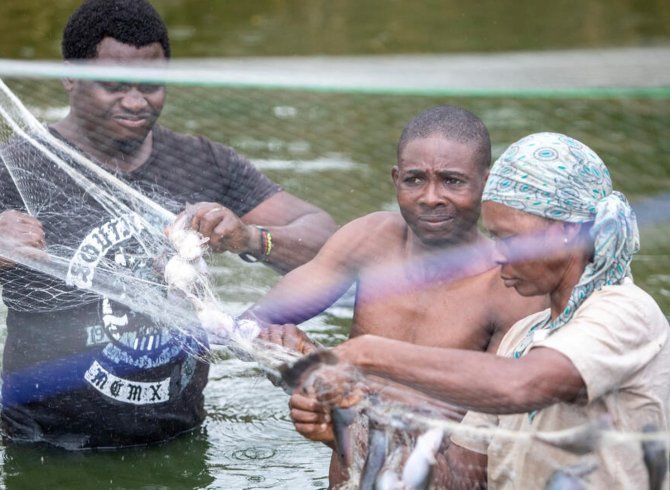
Project
Aquaculture Co-Management
As the aquaculture sector rapidly expands, its sustainable development relies on effective management strategies. Co-management, a participatory approach that brings together local communities, governments, and industry, is emerging as a key solution. This project develops a guidebook and case studies for aquaculture co-management with the Food and Agriculture Organisation of the United Nations.
Aquaculture Co-Management project overview
Prompted by production and/or profit maximization, policy makers have adopted top-down approaches as a means of leading aquaculture development. However, these approaches often neglected the ecosystems on which aquaculture development depends and communities that aquaculture is supposed to serve. To overcome these limitations, new, more inclusive models of collaborative management are needed that can foster aquaculture development and resource conservation, while enabling the sector to be economically resilient and socially equitable. While co-management is well known in capture fisheries, it is a relatively new concept in aquaculture.
This project with the Food and Agriculture Organisation of the United Nations defines the principles, goals, strategies and best practices for aquaculture co-management as a means of bringing together local communities, governments, and industry to tackle shared challenges such as disease outbreaks, economic risks, and climate change. The work also explores case studies of co-management to assess the key pathways for adopting sustainable practices, strengthening community resilience, and supporting long-term environmental and economic sustainability of the aquaculture sector.

- Unfortunately, your cookie settings do not allow videos to be displayed. - check your settings